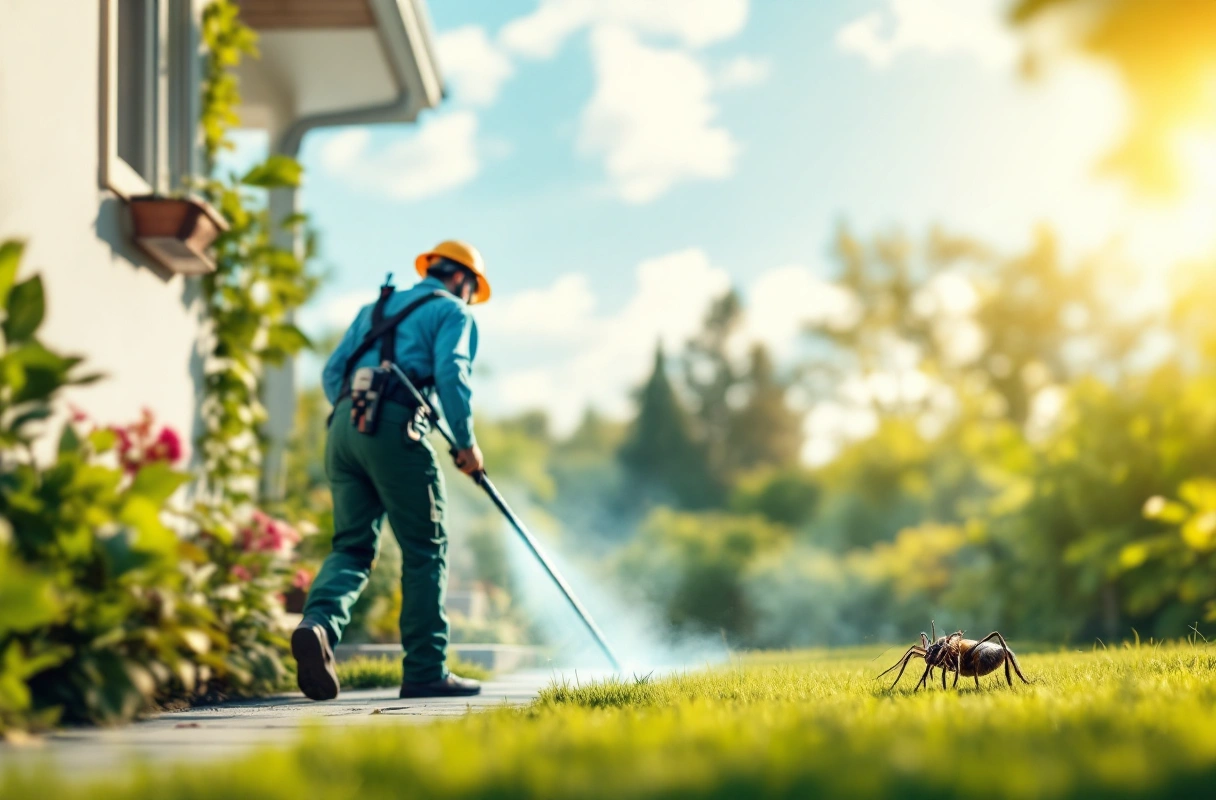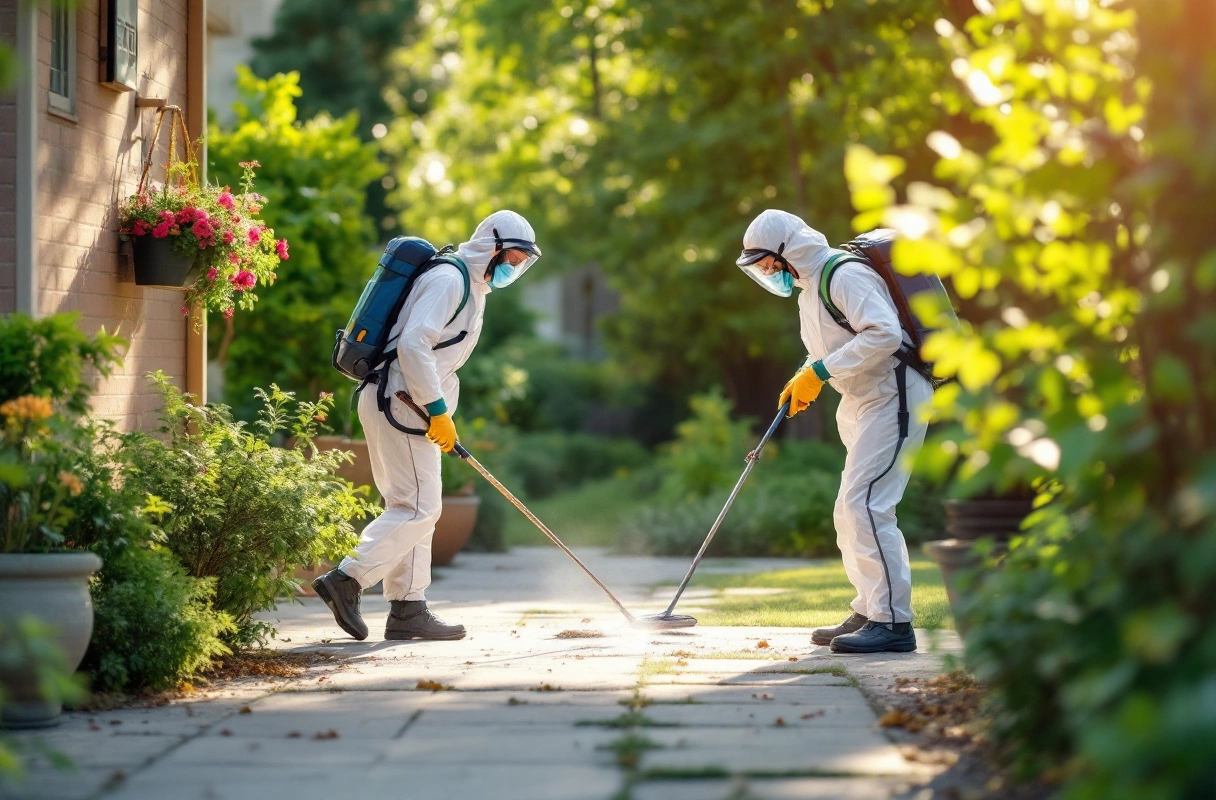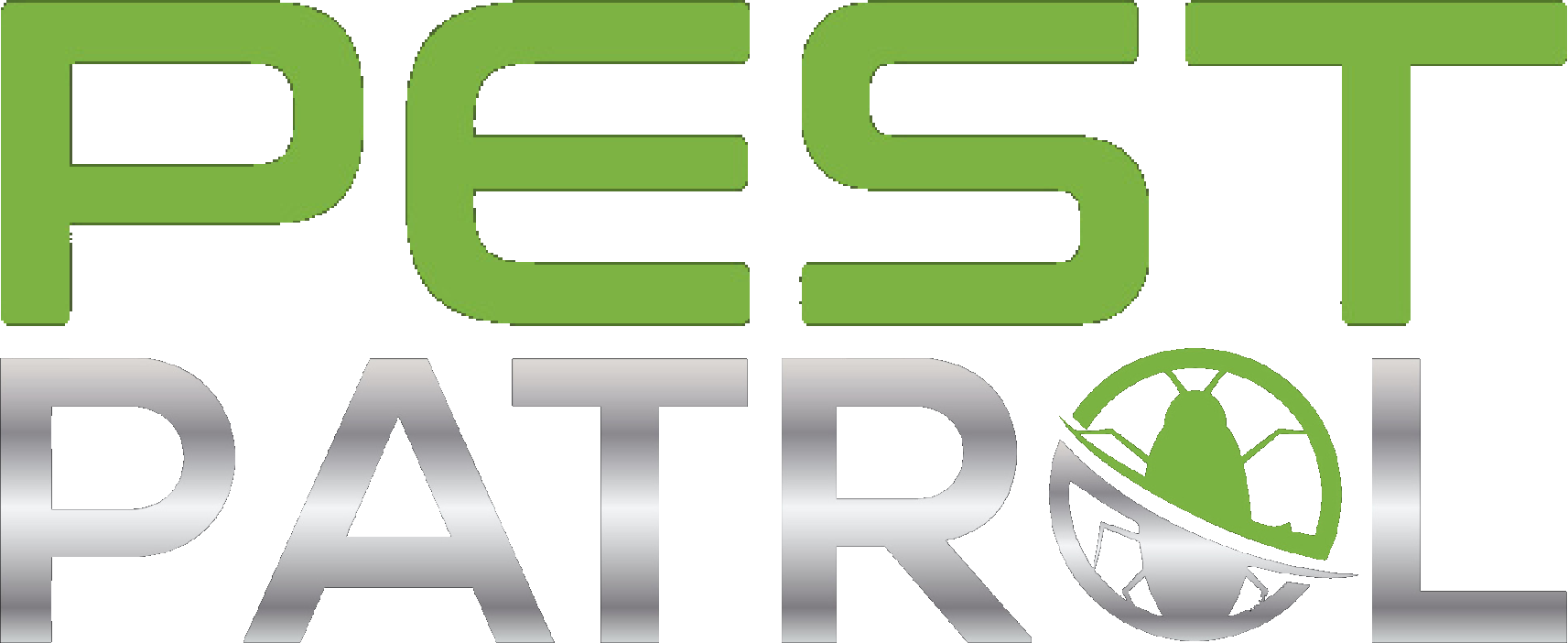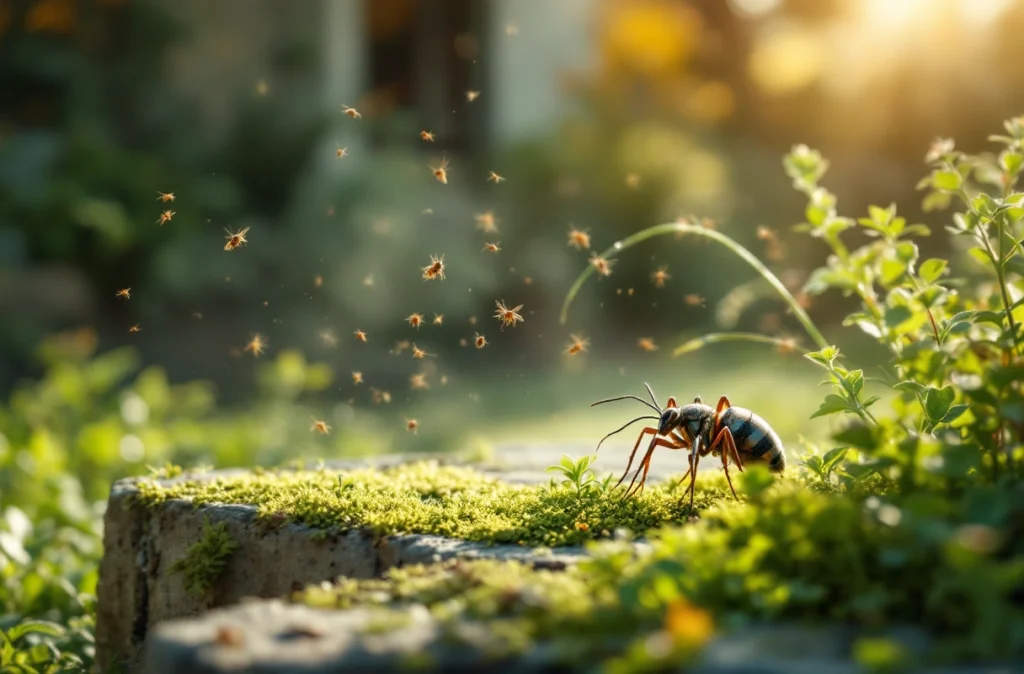Pest infestations are more than just an inconvenience for homeowners; they can pose serious health risks and cause significant property damage. Understanding the life cycle of common pests is essential for effective pest control, particularly when utilizing residential pest control services. This knowledge allows property owners to implement timely interventions, ensuring that pest populations are managed before they escalate into full-blown infestations.
In this article, we will explore the life cycles of various pests, including ants, bed bugs, cockroaches, and rodents, providing you with actionable insights for pest prevention services. We will also highlight the importance of choosing eco-friendly pest control solutions and safe pest control methods that align with the values of modern homeowners.
The Importance of Understanding Pest Life Cycles
Pests have unique life cycles that dictate their behavior, reproduction, and vulnerability to control methods. By understanding these cycles, you can better anticipate pest activity and choose the most effective residential pest removal strategies. Many people mistakenly believe that simply treating the symptoms of an infestation will suffice, but without addressing the underlying life cycle, infestations are likely to recur.
For example, a common misconception is that exterminating adult pests will eliminate the problem. However, if the eggs or larvae remain untreated, new populations will emerge. This is why comprehensive pest prevention services that consider the entire life cycle are crucial for effective pest management.
Key Life Cycle Stages of Common Pests
-
Egg Stage: Most pests begin their life cycle as eggs, which can often be found in hidden or hard-to-reach areas. Understanding where these pests lay eggs can inform effective pest control strategies.
-
Larval or Nymph Stage: After hatching, many pests enter a larval stage where they are most vulnerable. This is an ideal time for targeted treatments.
-
Adult Stage: Adult pests are often the most visible but are not always the most numerous. Understanding their behavior during this stage can help in devising effective control measures.
Common Pests and Their Life Cycles

Ants
Ants are social insects that live in colonies, making them particularly challenging to control. Their life cycle consists of the following stages:
-
Eggs: Laid by the queen, these eggs hatch into larvae within a few days.
-
Larvae: Ant larvae are fed and cared for by worker ants. This stage can last from a few weeks to several months, depending on the species and environmental conditions.
-
Pupae: After the larval stage, ants enter a pupal stage where they undergo metamorphosis.
-
Adults: Once they emerge as adults, they can reproduce and establish new colonies, making it critical to eliminate entire colonies during pest control efforts.
Effective Ant Extermination Strategies
-
Use bait stations that attract worker ants, which will carry poison back to the colony.
-
Seal entry points to prevent new colonies from establishing.
-
Consider eco-friendly pest control options that utilize natural substances to deter ants.
Bed Bugs
Bed bugs have gained notoriety for their resilience and ability to reproduce rapidly. Their life cycle includes:
-
Eggs: Bed bug eggs are tiny and often hidden in seams of mattresses or furniture.
-
Nymphs: After hatching, nymphs require a blood meal to grow, making them a target for residential pest control services.
-
Adults: Adult bed bugs can live for several months without feeding, making them difficult to eradicate.
Strategies for Effective Bed Bug Removal
-
Implement thorough inspections to locate hidden eggs and nymphs.
-
Use heat treatment, which is an eco-friendly pest control method that kills all life stages of bed bugs.
-
Regularly wash and heat-dry bedding and clothing to eliminate potential infestations.
Cockroaches
Cockroaches are notorious for their rapid reproduction and adaptability. Their life cycle consists of:
-
Eggs: Cockroaches produce egg cases containing multiple eggs, which can be found in dark, moist areas.
-
Nymphs: Nymphs emerge from the eggs and resemble smaller versions of adults. They can survive for weeks without food.
-
Adults: Adult cockroaches can reproduce quickly, leading to significant infestations.
Effective Cockroach Control Solutions
-
Use gel baits or traps to capture adult cockroaches and prevent them from reproducing.
-
Maintain cleanliness in kitchens and dining areas to eliminate food sources.
-
Utilize local pest control services that specialize in cockroach removal.
Rodents
Rodents, including mice and rats, pose significant health risks and can cause extensive damage to property. Their life cycle includes:
-
Nests: Rodents often build nests in hidden locations, where they give birth to litters of young.
-
Juveniles: Young rodents mature quickly, often reaching reproductive age within a few weeks.
-
Adults: Adult rodents are highly mobile and can reproduce multiple times a year.
Rodent Control Solutions
-
Implement rodent control solutions that include traps and baits, along with sealing entry points.
-
Maintain a clutter-free environment to eliminate nesting sites.
-
Schedule quarterly pest maintenance to proactively manage rodent populations.
Eco-Friendly Pest Control Methods

As concerns over chemical exposure grow, many homeowners are turning to eco-friendly pest control solutions. These methods are designed to minimize environmental impact while effectively managing pest populations.
Key Eco-Friendly Strategies
-
Natural Predators: Utilizing natural predators, such as ladybugs for aphids or parasitic wasps for caterpillars, can help control pest populations without chemicals.
-
Essential Oils: Many essential oils, such as peppermint and tea tree oil, can repel pests effectively.
-
Organic Baits: Organic baits can be used to attract and eliminate pests without harmful chemicals.
Benefits of Eco-Friendly Pest Control
-
Reduced chemical exposure for families and pets.
-
Less environmental impact, promoting biodiversity.
-
Sustainable pest management practices that can lead to long-term solutions.
Best Practices for Residential Pest Control
Effective pest control requires a multifaceted approach. Here are best practices to consider:
-
Regular Inspections: Schedule periodic inspections to identify potential infestations early.
-
Sanitation: Maintain cleanliness in and around your home to eliminate food sources for pests.
-
Seal Entry Points: Regularly inspect and seal cracks, gaps, and holes to prevent pests from entering.
-
Integrated Pest Management (IPM): Use a combination of biological, physical, and chemical controls to manage pest populations sustainably.
-
Quarterly Pest Maintenance: Engage local pest control services for regular maintenance checks to proactively manage pests.
Common Mistakes in Pest Control
Even with the best intentions, homeowners often make mistakes that can hinder effective pest management. Here are some common pitfalls to avoid:
-
Ignoring Early Signs: Many homeowners wait too long to address early signs of infestations, which can lead to larger problems.
-
Over-Reliance on DIY Solutions: While DIY methods can be effective, they may not address the root cause of infestations.
-
Neglecting Follow-Up Treatments: Failing to schedule follow-up treatments can allow pests to return.
The Role of Residential Pest Control Services
Residential pest control services play a critical role in managing pest populations effectively. These professionals have the expertise and tools necessary to address infestations at their source, ensuring that pests are eliminated and prevented from returning.
Benefits of Professional Pest Control Services
-
Expertise: Trained professionals understand pest behavior and life cycles, allowing for targeted treatments.
-
Comprehensive Solutions: Services often include inspections, treatments, and follow-up visits to ensure long-term success.
-
Safety: Professionals are equipped to use safe pest control methods that minimize risks to families and pets.
Pest Patrol: Your Partner in Pest Control Solutions
The understanding of pest life cycles is crucial for effective management and prevention. By implementing the insights shared in this article, you can enhance your pest control strategies and reduce the likelihood of infestations. Pest Patrol is committed to providing comprehensive residential pest control services that prioritize eco-friendly solutions and safe pest control methods.
Whether you are dealing with ants, bed bugs, cockroaches, or rodents, our team of experts is ready to assist you. Visit our website or contact us for more information on how we can help you implement effective pest prevention services tailored to your needs. Together, we can create a pest-free environment for your home and family.


